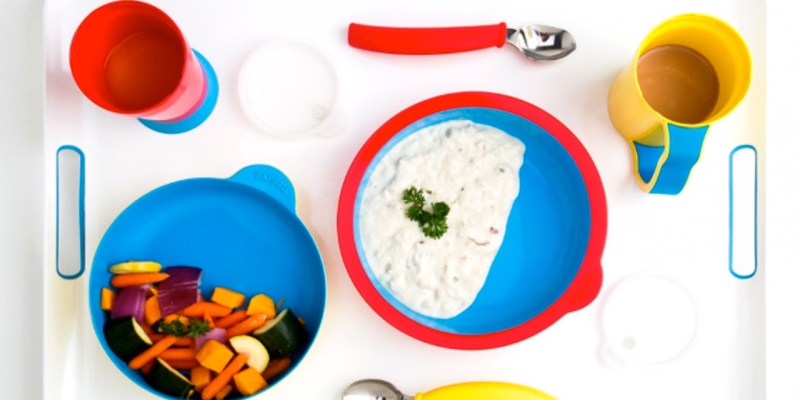
Switching from last year’s theme of cognitive impairment, the 2014-15 Design Challenge will focus on mobility in older adults. Submissions are due Dec. 5 at 5 p.m.
The Design Challenge is an annual competition that seeks to engage students worldwide in designing improvements for the elderly population. According to Ken Smith, director of mobility at the Stanford Center on Longevity, the change in theme corresponds with a desire to appeal to a wide, diverse variety of student teams.
“Getting more young people at the university level to consider aging applications as an area that they would be interested in working in is a goal [the Center on Longevity] has had,” Smith said. “There is this mega trend of aging populations, and [the Design Challenge] gives us the opportunity to get them interested and educated about some of the opportunities and some of the ways that they can help.”
According to Aging 2.0 (the official collaborator of the Stanford Design Challenge) founder Stephen Johnston, the Design Challenge hopes to reach more students and, therefore, continue their efforts to foster intergenerational collaboration. Last year, 52 teams from 15 countries submitted ideas.
“Students, in particular, are interested in solving important problems — not, in my opinion, solving the short term problem of where to find cheap beer, and how to optimize your shopping experience,” Stephen Johnston said. “By making it easier for younger people to work on the problems that affect older people, we are going to be changing the culture for the better.”
The center’s initiatives have also attracted the interest of the President’s Council on Fitness, Sports & Nutrition, a group of fitness and nutrition experts appointed by the president to aid nationwide programs that are seen to promote active and healthy lives. These two groups have established a memorandum of understanding between the two organizations.
“We have had an existing body of work in physical fitness and exercise and how that can benefit people of all ages, and we heard through some of our advisory council that the President’s Council was contemplating the idea that maybe they need to grow their activities beyond just youth,” Smith said.
However, despite the success of the Design Challenge, those affiliated with it acknowledge areas that need improvement. Sha Yao, last year’s winner, is working on bringing her idea, “EatWell” — a table setting designed to help those with cognitive impairments eat without assistance — to the marketplace.
“Most of the designers only know about design, so when we have to deal with the operations side or business side or even legal side, it is very hard for us because we have to spend time managing things not directly related to design,” Yao said. “Because you are young, people think that they can take your idea.”
Smith hopes to rectify this issue by providing more support for finalists after the competition.
“What we’ve realized from working with Sha is that some of these winners could definitely benefit from having more engagement and learning a little bit more about how to move from the idea stage to the business stage,” Smith said. “We want to get designs in, but then we also want to talk about how these designs could become products and we want to take it through beyond the university idea phase, which is reflective on how Stanford works in general.”
Despite this weakness, Yao is thankful for the exposure and validation the design challenge has given her.
“The best thing is that professional caregivers or people who may be interested in investing in the project finally had the time to listen to my presentation,” Yao said. “Before the competition, I knew what I was doing, but I didn’t have a stage to show people.”
Contact Sam Reamer at sreamer ‘at’ stanford.edu.
